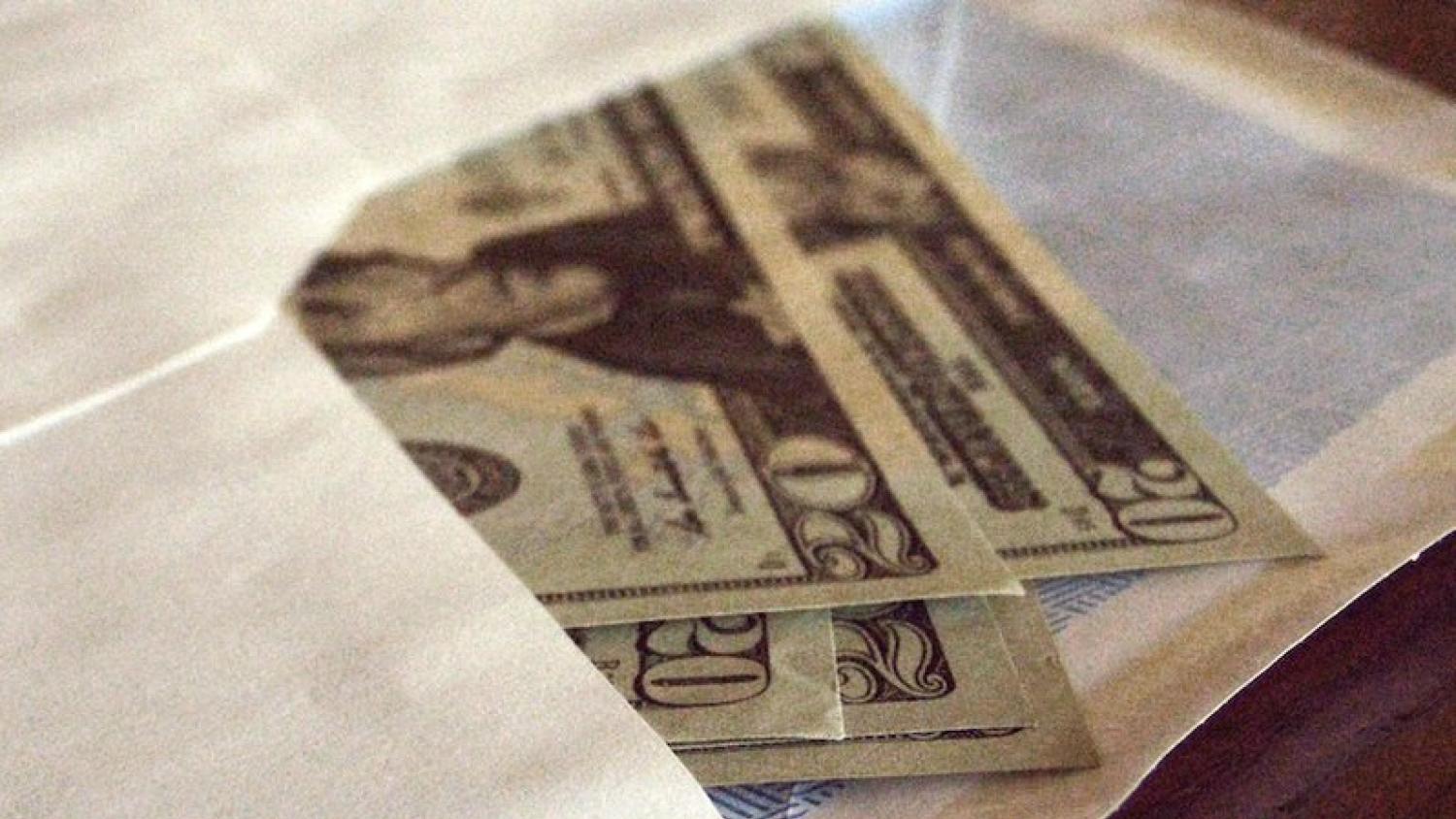Last weekend, the discovery of a serious match-fixing scandal has made Portuguese football a hot topic in crime pages in newspapers around the world.
Unfortunately this is not an isolated case, over the years, match-fixing scandals have dramatically grown.
Soccer is facing more suspicion than it ever has before, and that suspicion is driven by the possibility of a multibillion-dollar web of match-fixing that is corrupting the game.
Match-fixing is an especially serious threat to soccer because soccer is the most popular sport in the world. It drives an industry that effects investments, sponsorships, awards, and that operates in billions of dollars annually; the industry of soccer has a massive effect on the GDP of several countries, among them Brazil. It is obvious, therefore, that manipulation scandals in soccer are business scandals for these countries, and really much of the world.
The modern institutions such as internet betting, criminal gang activity, especially in Europe and Asia, as well as problems with payment of salaries and economic crises have been pointed to as the reason behind the growth of Match- Fixing.
Enormous efforts have been made in order to rid match-fixing from soccer. The recent FIFA campaign “My Game is Fair Play” aimed to severely punish institutions and individuals involved in match-fixing scandals. A unit at FIFA’s headquarters in Zurich specializes in investigating suspicious matches. In 2013, in an interview, former UEFA presiden Michel Platini, said that he would have tolerance zero for cases of match-fixing.
Match-fixing is a real challenge for sports organisations, who are part of an industry that moves around $500 billion a year, according to Chris Eaton, former FIFA expert. Every year, FIFA and UEFA experts monitor more than 30,000 matches in Europe and around the world. From the 209 nation that comprise FIFA, at least a quarter of these nations are investigated every year under suspicion of match-fixing. The majority of the nations investigated are in Europe; an estimated 700 matches are investigated per year, from this amount almost 400 are European matches.
The match-fixing phenomenon is of a such magnitude and importance that international sports authorities have labelled it as their public enemy #1, surpassing even doping and racism in terms of concern and spending on protective measures.
Although the scenes in Portugal have shocked all those who love football, they only serve to corroborate existing concerns about the vulnerability of football. This is not only a Portuguese football problem, this is a growing worldwide problem.
According to what has been disclosed so far by authorities, the arrests made by police were the product of investigations carried out by the so-called "Operation Double Game", which investigates crimes of passive and active corruption in sports practiced by leaders and athletes alike and that, so far, according to authorities, has brought to light only the tip of a huge iceberg of corruption. In other words, there is much yet to arise in relation to the case.
Unfortunately, when we talk about match-fixing, on one side there are efforts to stop it, on the other side there is the reality that the investigations trying to stop it are controlled by institutions that are sometimes involved in scandal themselves.
It seems like the real losers here are those who love the game of soccer, and those who want fair play.




